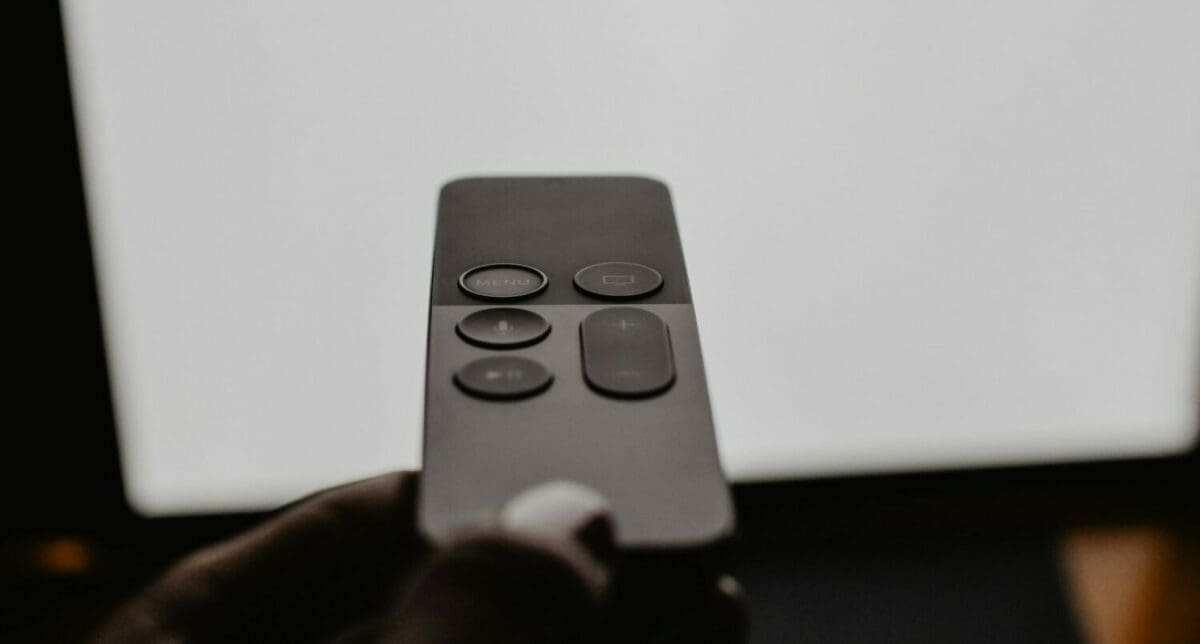
Controlling Emotions
October 7, 2019 in Be Positive

It’s impossible to be in control of our emotions all the time. After all, we’re only human, and we react to things in different ways as they happen, whether we want to or not. We may get overly excited about something we’re passionate about during a time when it’s probably not the most appropriate, or we might find ourselves getting a little too heated when someone insults someone close to us.
In moments when your mental health might not be the strongest, navigating and controlling your emotions can feel like a lost battle. It’s like you’re fighting with your mental illness to see who is in control over your brain and how you respond to things, and before you know it, you find yourself on edge and even the slightest inconvenience can have you bursting into tears.
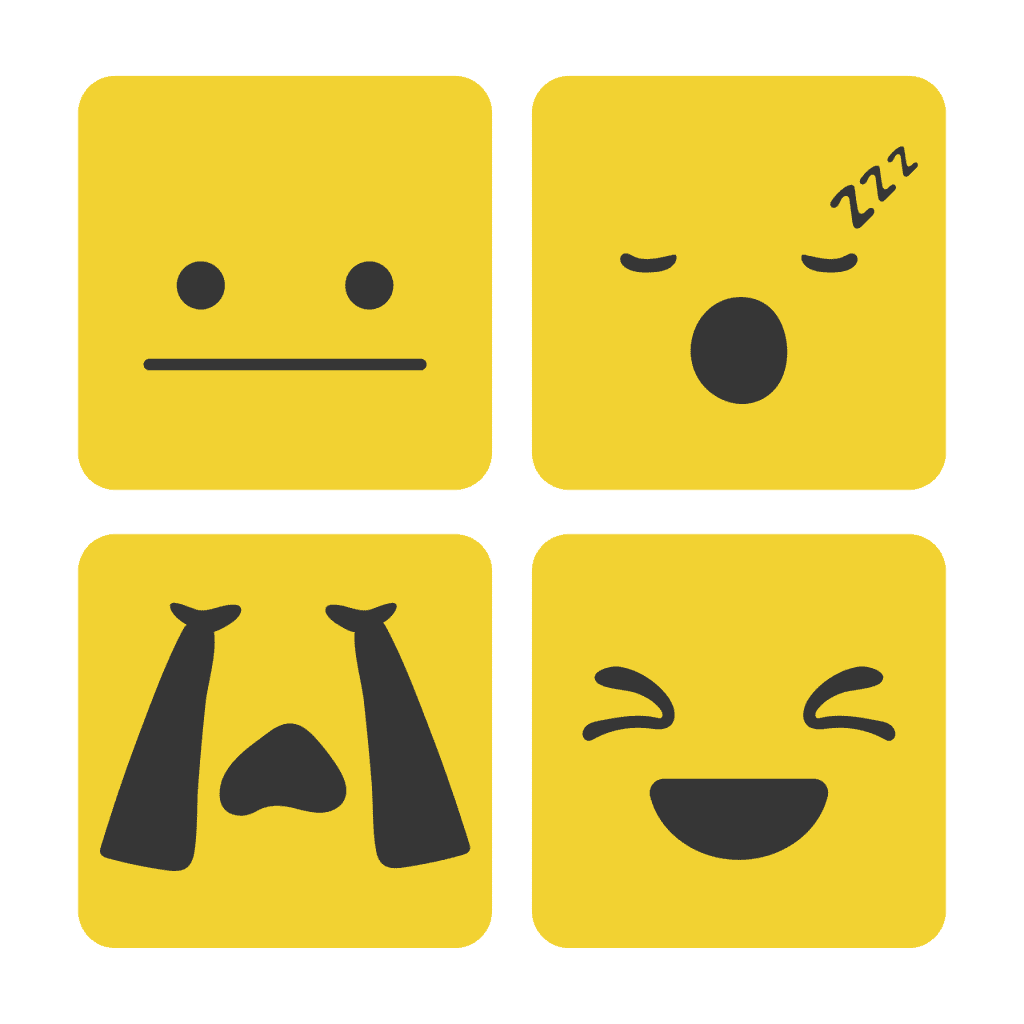
Feeling like you don’t have control, especially over your emotions and reactions can be incredibly overwhelming, but it’s not impossible to take that control back.
The Internet has a few guides on how to control your emotions when they’re leaning on the more negative side. These include taking a deep breath and taking a moment to ground yourself before reacting to something, rewinding to see how you got to that feeling in the first place, and replacing negative thoughts with positive ones to redirect your mood.
And remember this: although it can feel like you’re fighting your mental illness over the remote control for your brain and emotions, you have the strength to take it back. No matter what, that remote will always end up back in your hand.
Have you ever felt like you weren’t in control of your emotions? How did that feel? Do you have any advice on how to improve your mood or combating negative emotions?


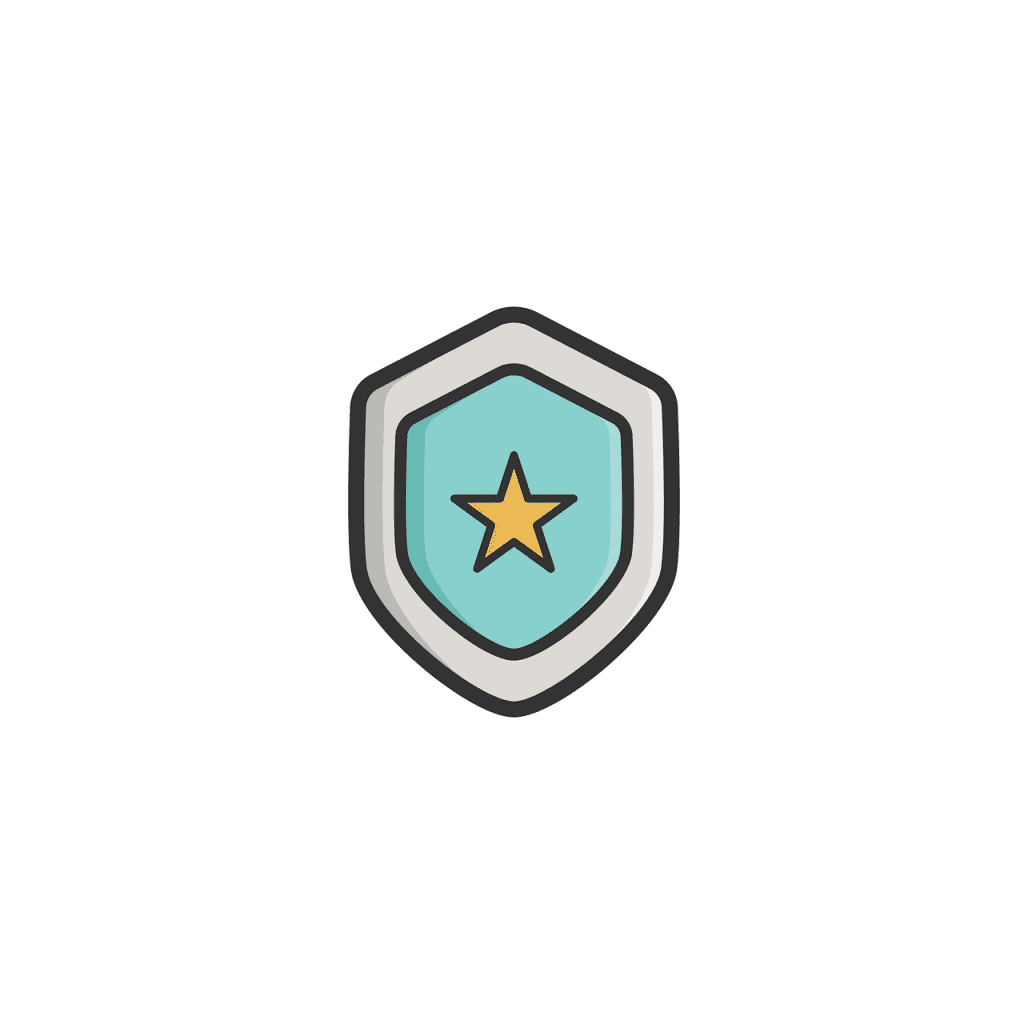



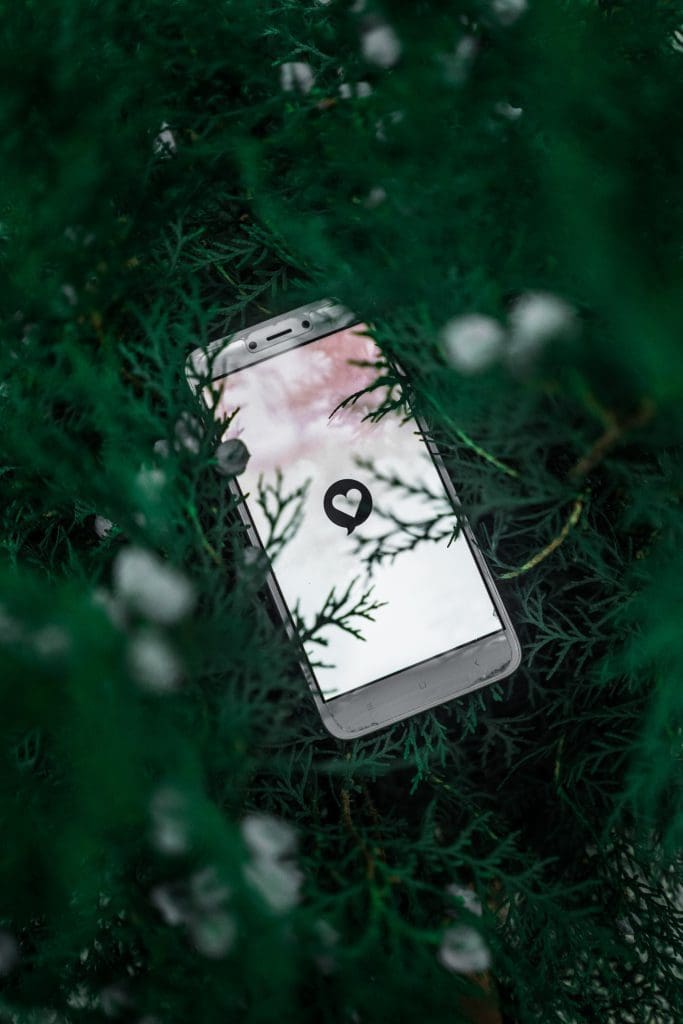

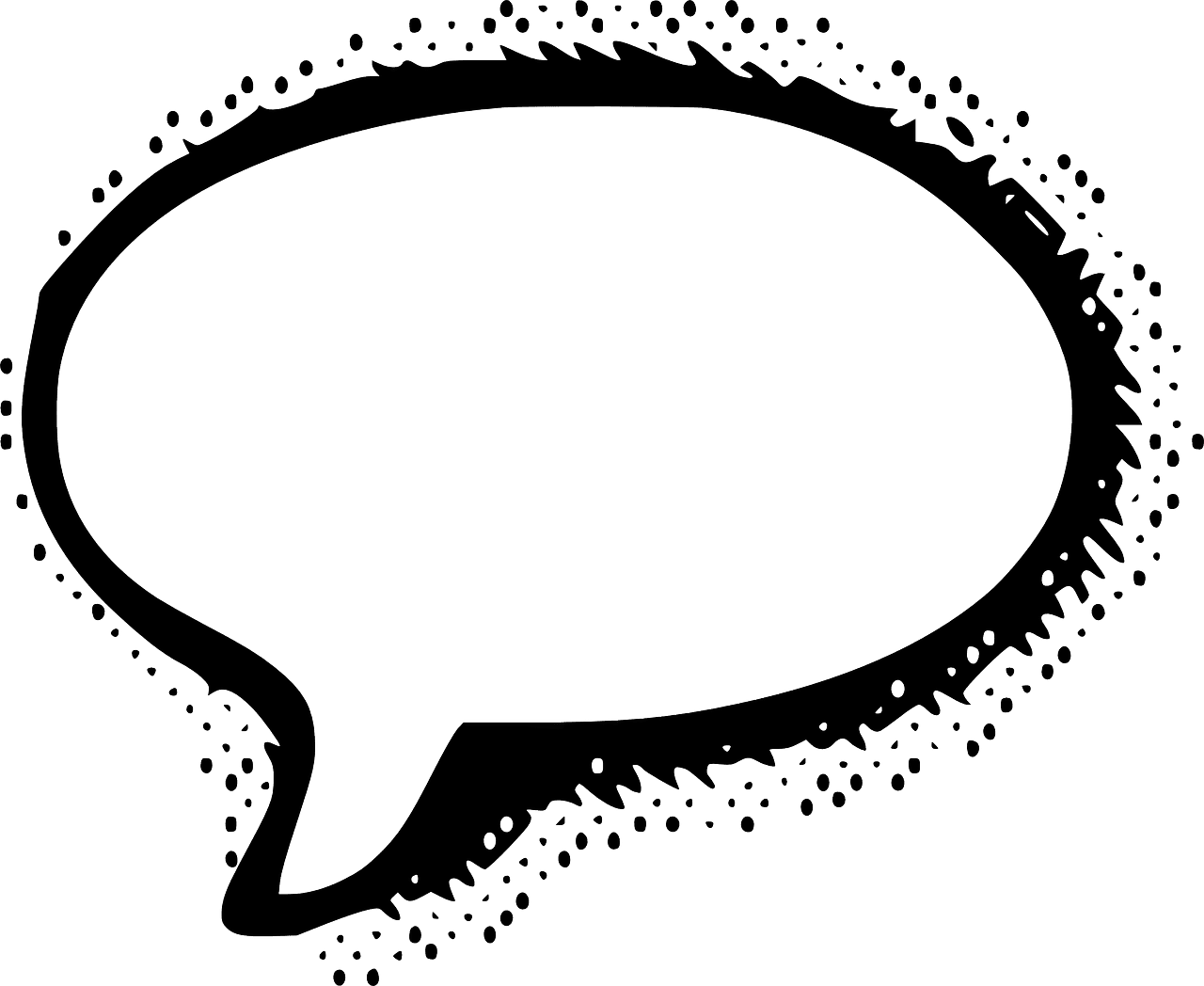
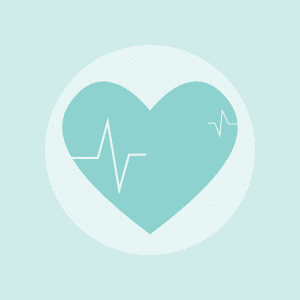

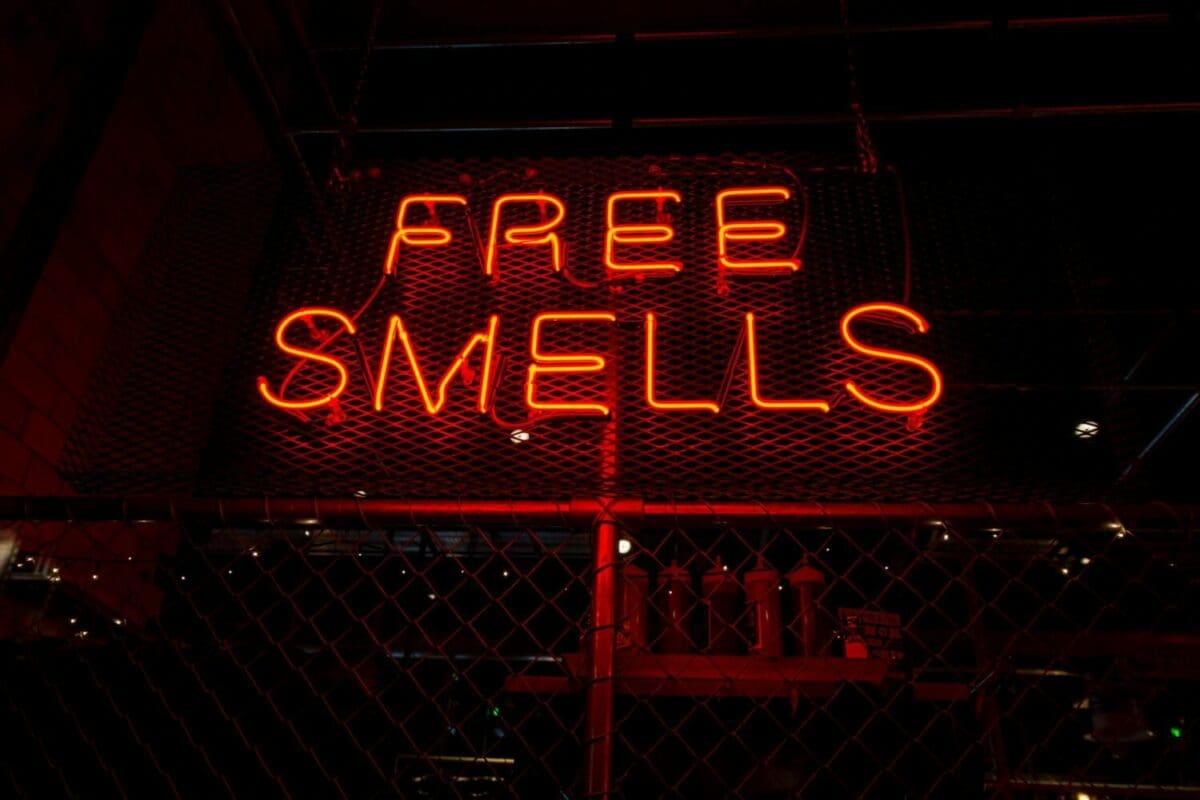
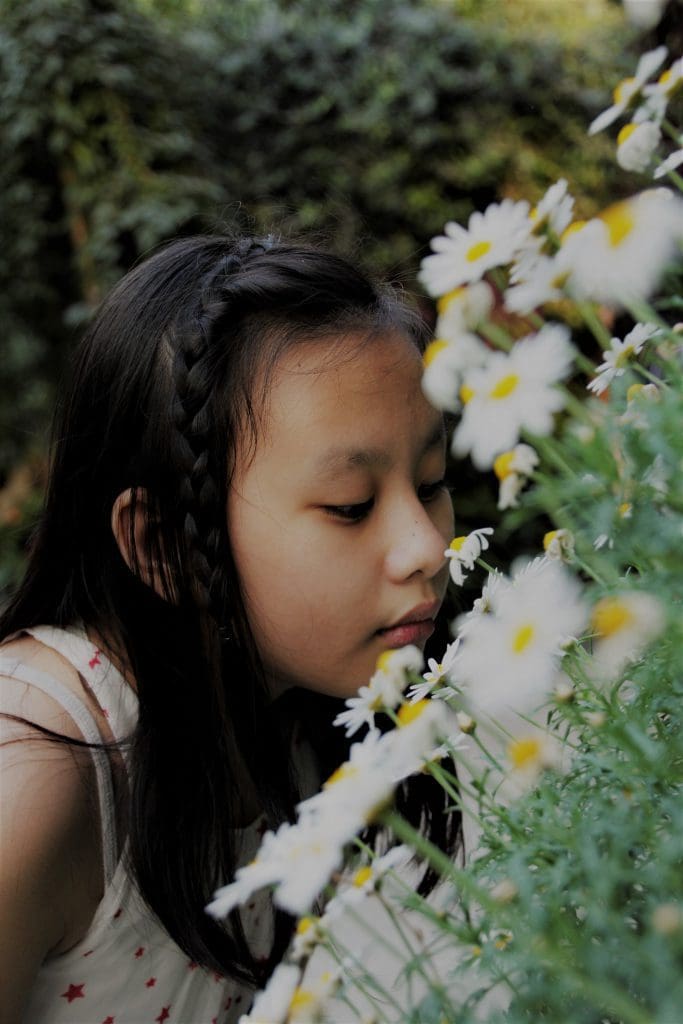


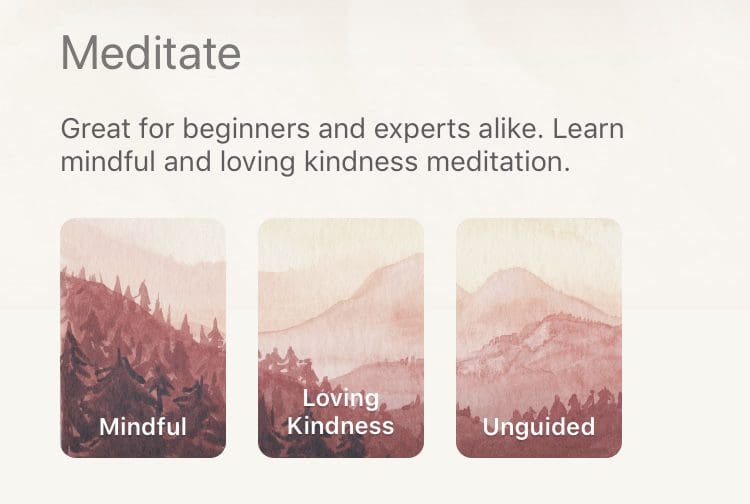
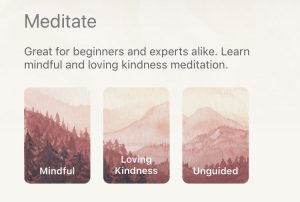
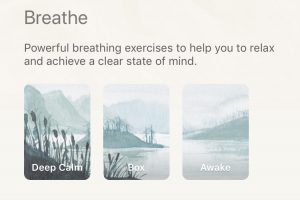
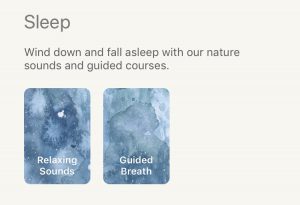
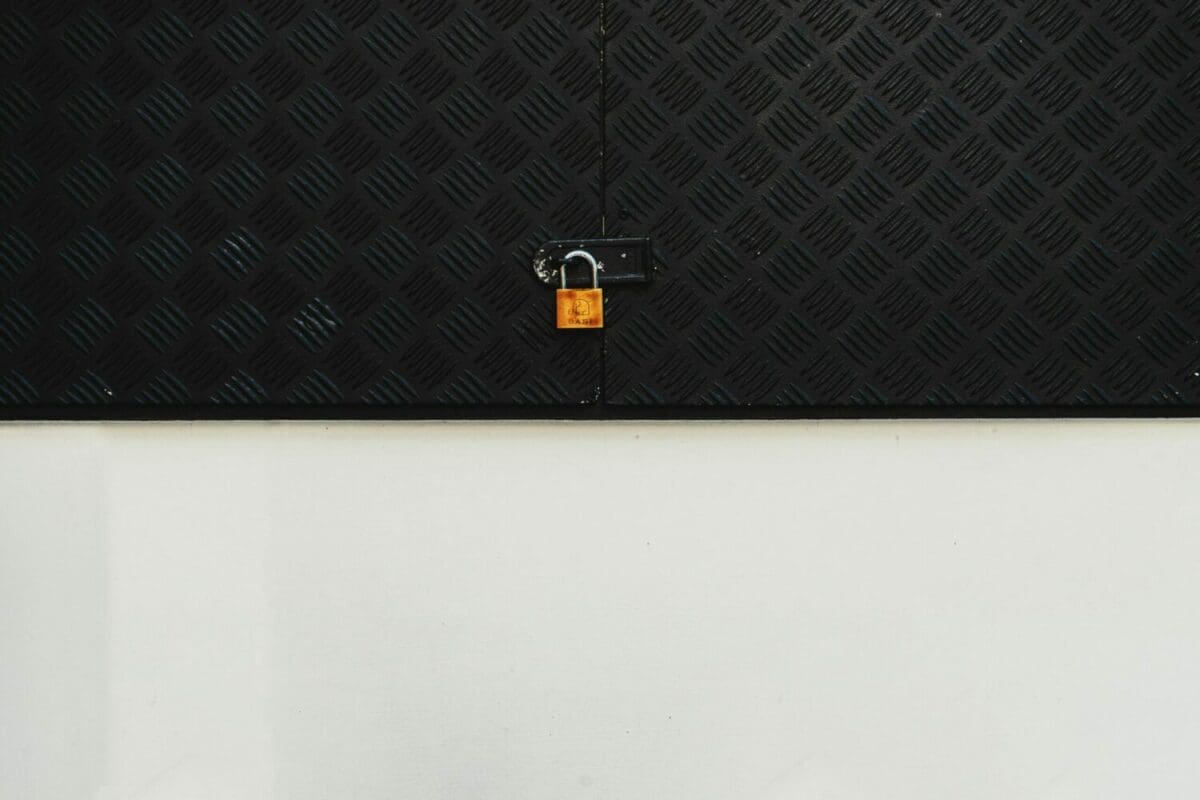
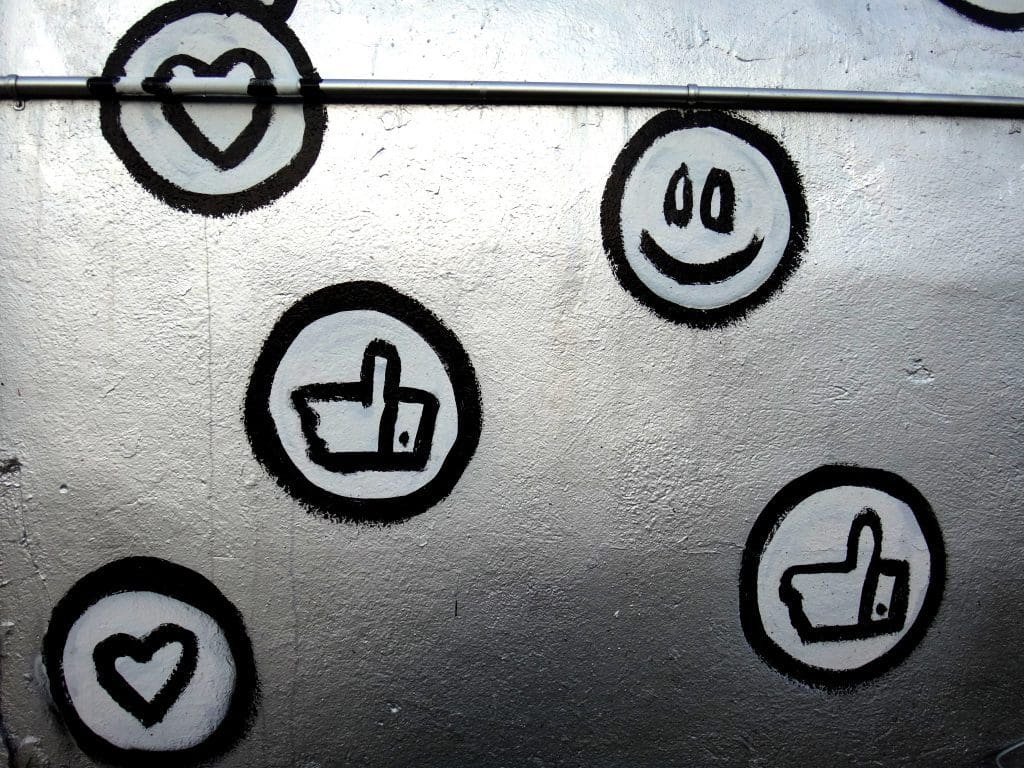

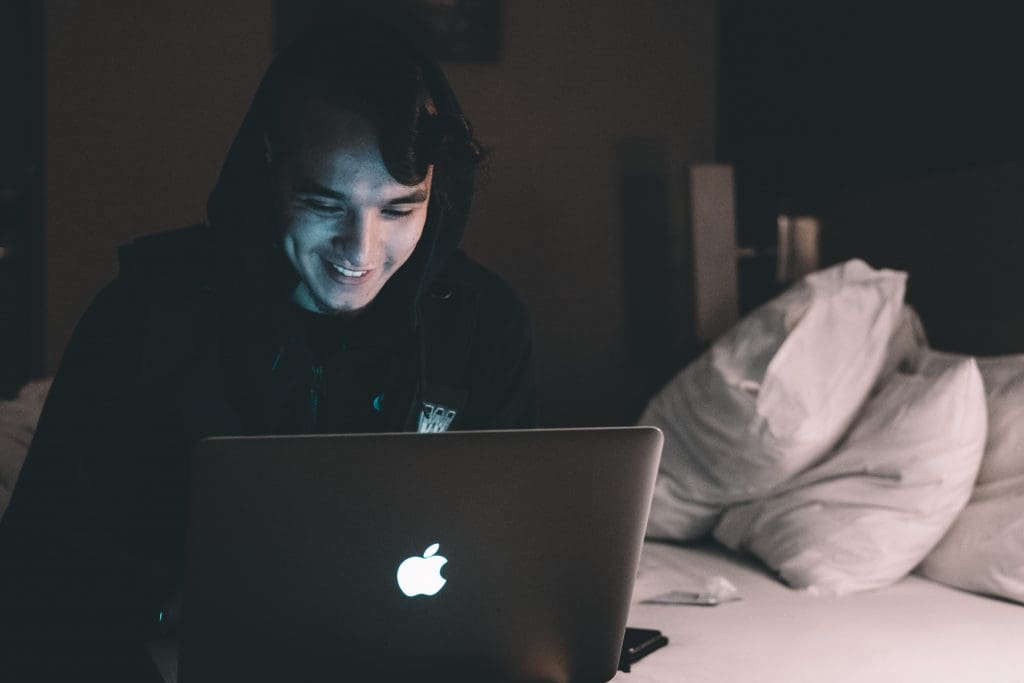
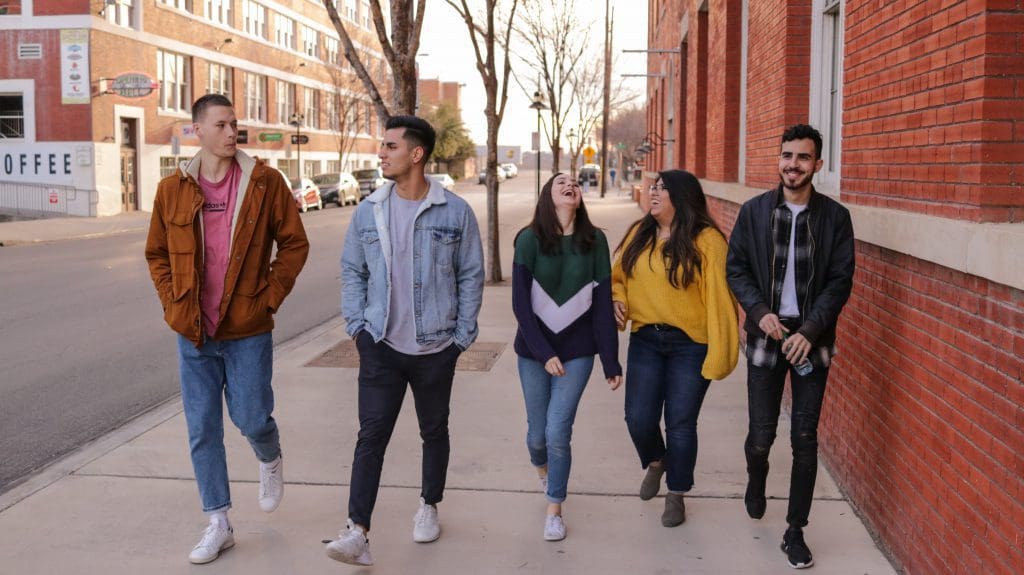






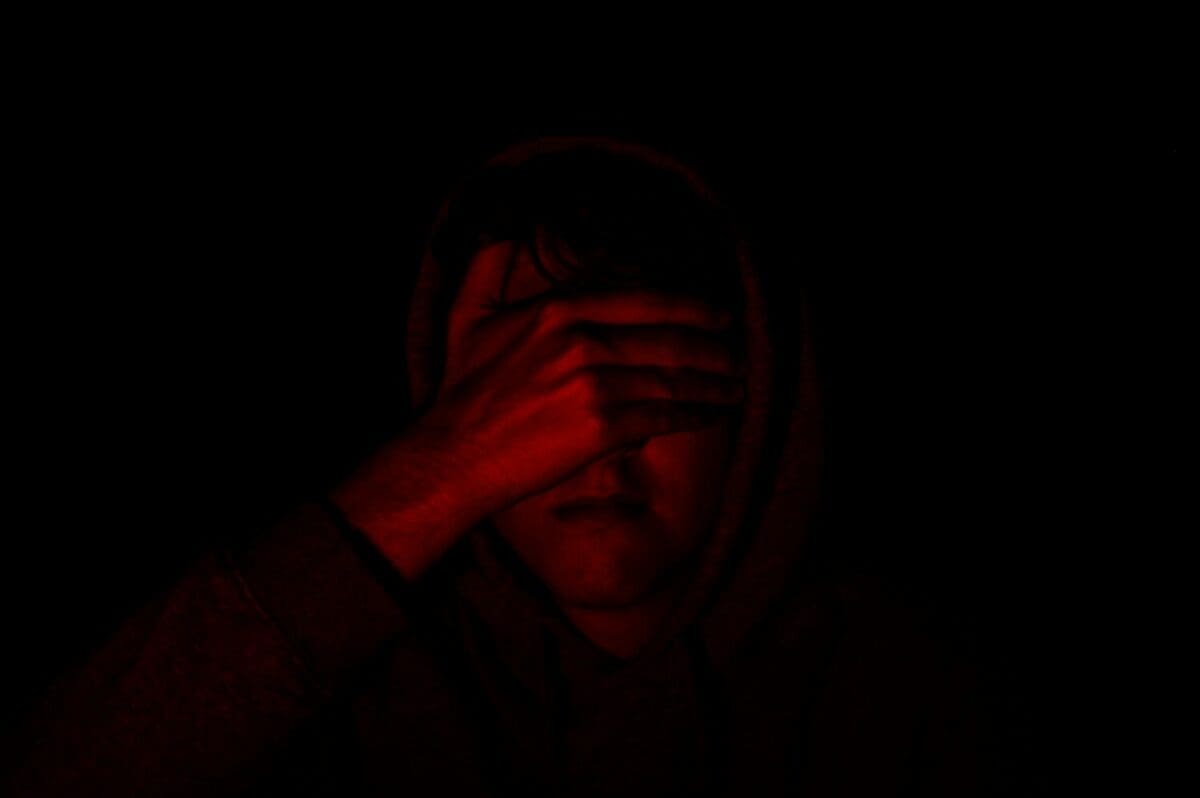
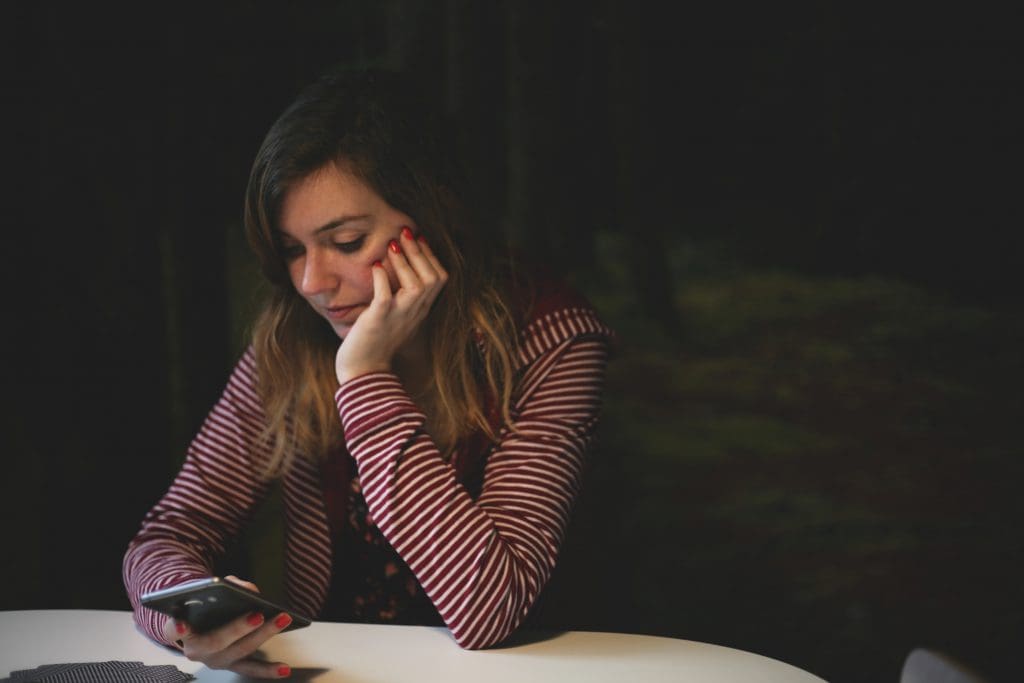
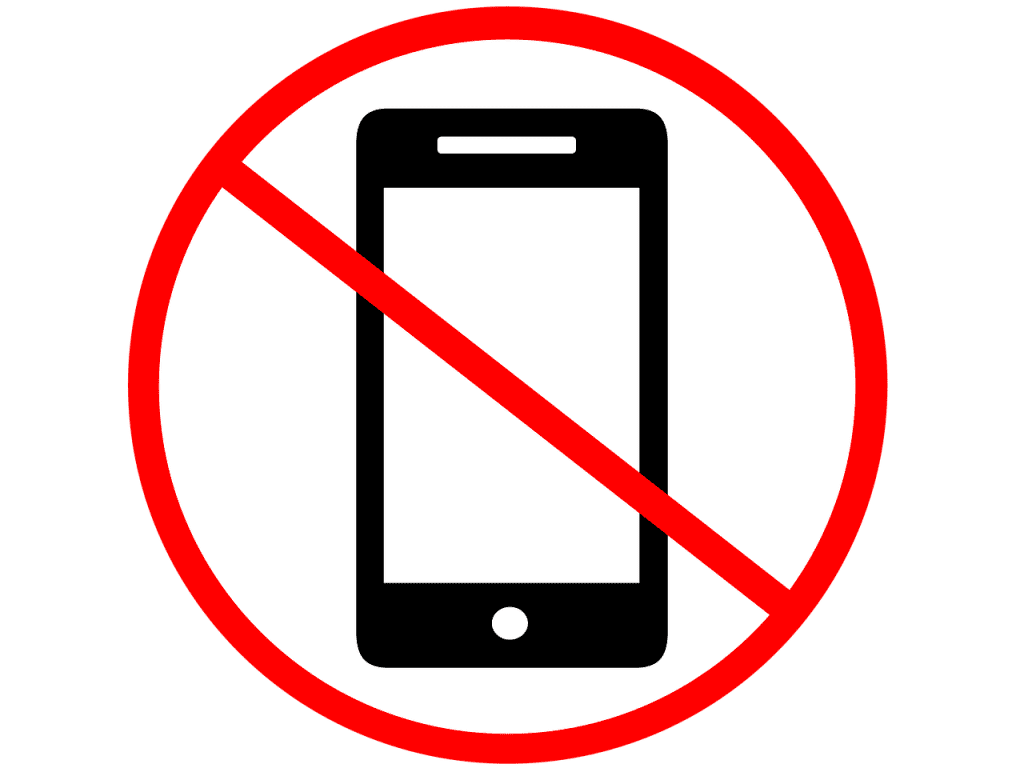

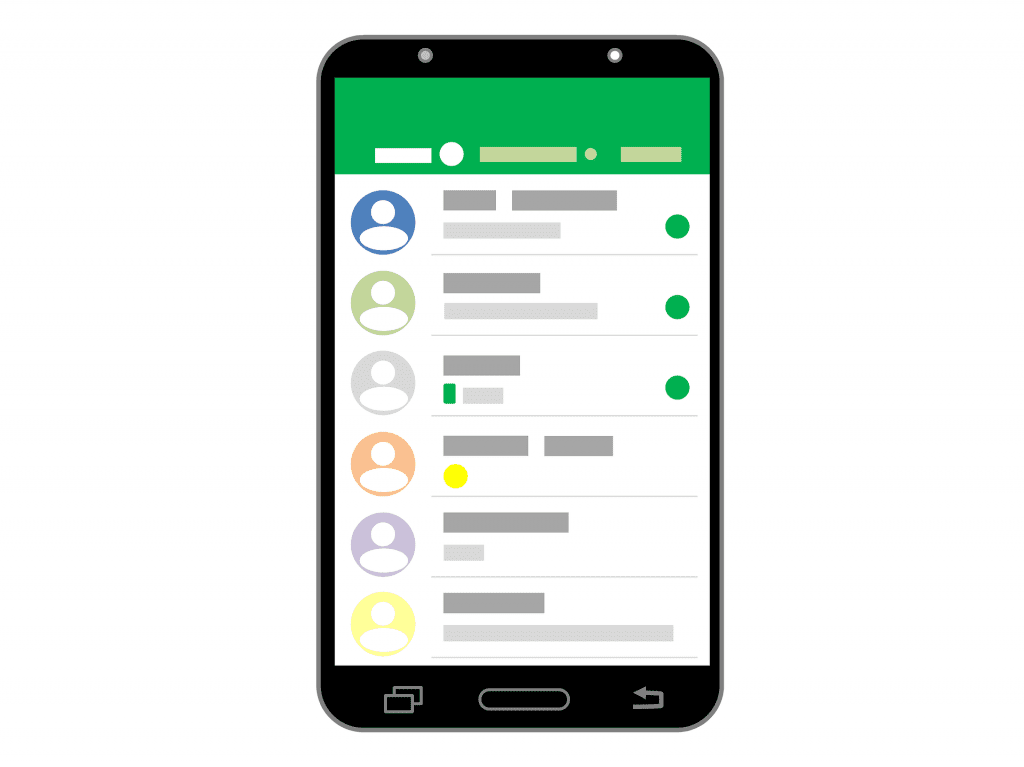
Recent Comments